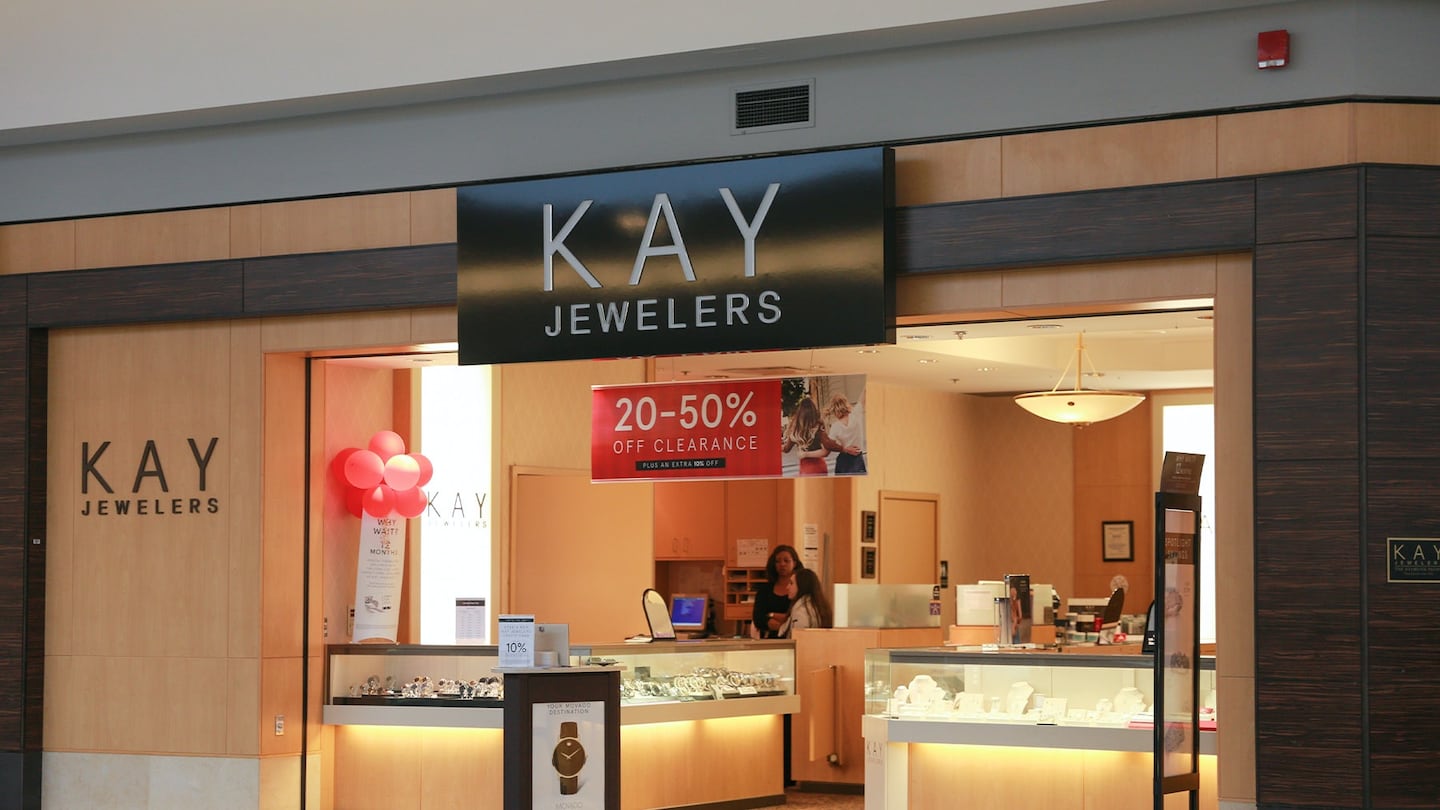
The Business of Fashion
Agenda-setting intelligence, analysis and advice for the global fashion community.

Agenda-setting intelligence, analysis and advice for the global fashion community.

NEW YORK, United States — A federal appeals court on Monday restored a nationwide class action arbitration allowing at least 70,000 female Sterling Jewelers employees to pursue claims that the retailer paid them less and promoted them less often than men for a decade.
The 2nd US Circuit Court of Appeals in Manhattan said a lower court judge erred in finding that an arbitrator lacked power to include women in the class who had not said they wanted to join it, rather than only the 254 who authorised it.
Circuit Judge Peter Hall said Sterling, a unit of Signet Jewelers Ltd, and the women were bound to arbitrator Kathleen Roberts' view on who belonged in the class, under an agreement the women signed as a condition of employment.
"The absent class members, no less than the parties, ... bargained for the arbitrator's construction of their agreement with respect to class arbitrability," Hall wrote.
ADVERTISEMENT
Monday's 3-0 decision overturned a January 2018 ruling by US District Judge Jed Rakoff in Manhattan.
The case had been brought in 2008 under Title VII of the Civil Rights Act of 1964 and the federal Equal Pay Act.
A large class action could subject Signet to greater liability than if more women were forced to arbitrate individually.
Signet spokesman David Bouffard said Sterling, which has offices in Akron, Ohio, would continue defending itself, and was confident that the women's claims were "wholly without merit."
Joseph Sellers, a lawyer for the women, said in an interview he was pleased with the decision.
"It's a good thing for workers because it permits them to participate in classes certified in arbitration, in the same way [as] classes certified by the courts, to ensure that their interests and rights can be protected," he said.
The appeals court instructed Rakoff to decide whether Roberts exceeded her authority by certifying an "opt-out" class of plaintiffs, an issue that was not part of the appeal.
Sterling in May 2017 settled a similar case by the US Equal Employment Opportunity Commission by agreeing to improve its employment practises and training, under a consent decree expiring in August 2020.
ADVERTISEMENT
The case is Jock et al v Sterling Jewelers Inc, 2nd U.S. Circuit Court of Appeals, No. 18-153.
By Jonathan Stempel; Editor: Richard Chang
The designer has always been an arch perfectionist, a quality that has been central to his success but which clashes with the demands on creative directors today, writes Imran Amed.
This week, Prada and Miu Miu reported strong sales as LVMH slowed and Kering retreated sharply. In fashion’s so-called “quiet luxury” moment, consumers may care less about whether products have logos and more about what those logos stand for.
The luxury goods maker is seeking pricing harmonisation across the globe, and adjusts prices in different markets to ensure that the company is”fair to all [its] clients everywhere,” CEO Leena Nair said.
Hermes saw Chinese buyers snap up its luxury products as the Kelly bag maker showed its resilience amid a broader slowdown in demand for the sector.